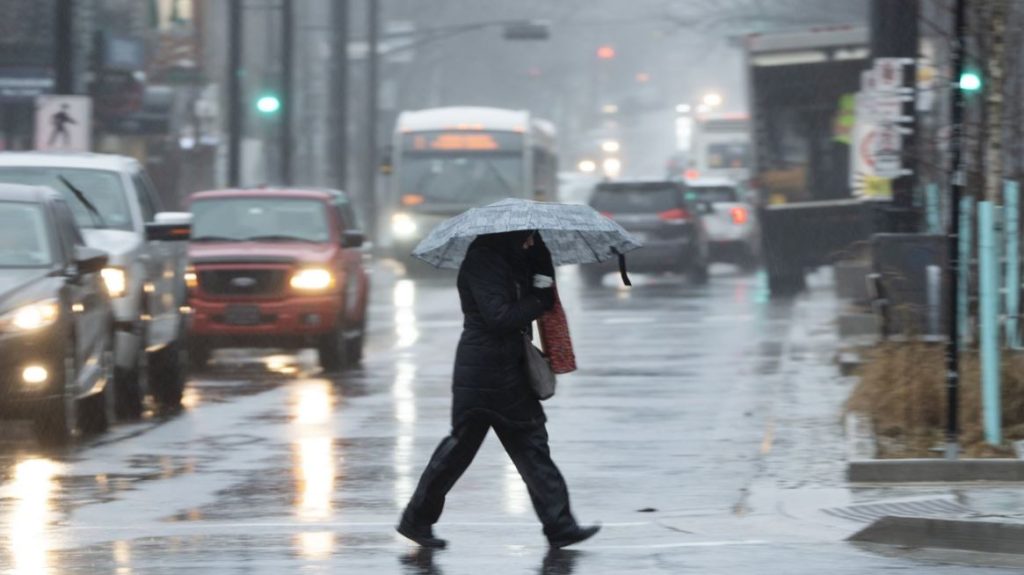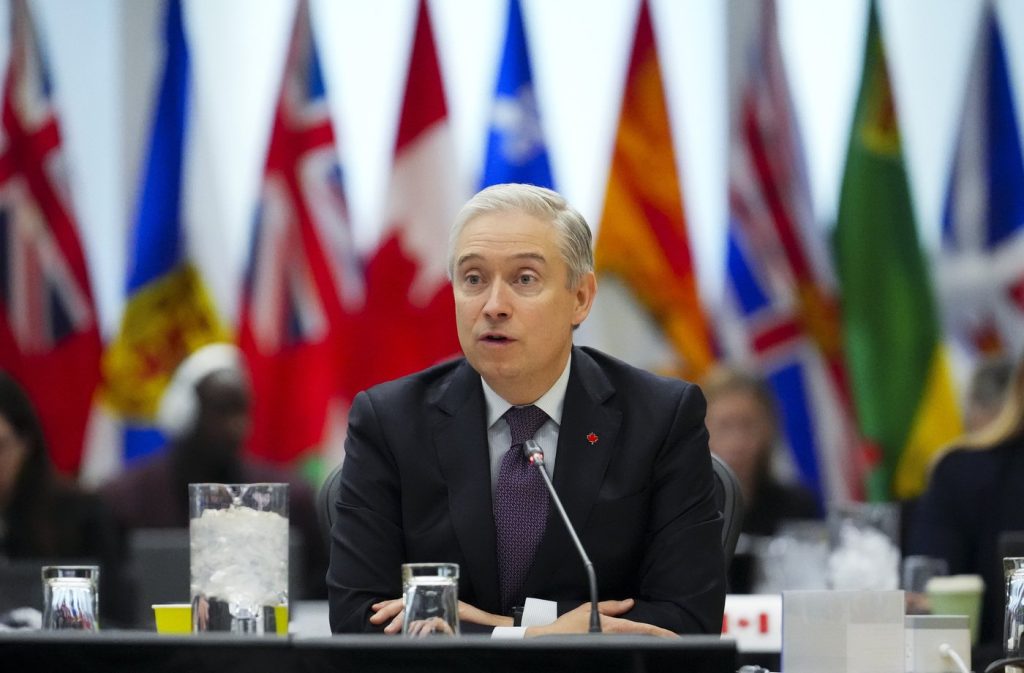2019 North American Bird Strike Conference runs in Halifax this week
Posted Aug 11, 2019 12:43:38 PM.
This article is more than 5 years old.
Aviation safety and wildlife management will be top of mind at an upcoming convention in Halifax examining measures for avoiding collisions between planes and birds.
The 2019 North American Bird Strike Conference runs August 12 to 15 at a local hotel.
Experts from the Halifax International Airport Authority, Transport Canada, the U.S. Air Force, universities, businesses and wildlife services will be among the speakers addressing delegates during the meetings.
Topics of discussion, according to the event agenda, include the use of bird-tracking radar technology, an airline perspective on airport wildlife strikes, using robotic falcons for bird-strike reduction and minimizing the risk of deer strikes at airports.
The get-together is an undertaking involving the Bird Strike Association of Canada and Bird Strike Committee USA.
“We believe that the key to reduce damaging wildlife strikes to aircraft in Canada is by building a community of professionals to exchange ideas, experiences and co-operative efforts to better manage wildlife at all Canadian airports,” the association's website says.
The conference's keynote speech is to be given August 13 by Air Canada executive Samuel Elfassy, the company's vice-president for safety.
A session on the conference's last day is to cover avian biology, and why “population increases of large bird species in North America pose challenges for aviation safety,” the agenda says.
Other workshops on that day, (Aug. 15), include presentations on the use of air cannons and air rifles to scare off birds from airport properties.
Halifax Stanfield International Airport last year handled more than 4.3 million passengers. It's situated on 960 hectares of fenced land that borders forests and is near lakes.
An official with the Halifax International Airport Authority told HalifaxToday.ca that 28 bird strikes in 2018 were reported to management. Federal regulations stipulate “airport operators must record all bird strikes,” said Michael Rantala, the director of safety, security and environment at Halifax's airport.
Asked about the conference starting Monday, he said it is “an excellent opportunity for Halifax Stanfield and other airports to learn from wildlife management specialists . . . about new developments in the industry.”
Part of the conference includes exhibitors demonstrating products and services geared to flight operations and wildlife control.
Rantala said various methods are used at Halifax's airport to decrease the possibility of a bird strike.
“We focus on passive techniques, like removing attractive habitats for nesting and removing food sources, so the airport environment is not attractive to birds,” he said in an email in July.
“We also focus on active techniques, including pyrotechnics” to disperse birds in the area, Rantala said.
Most bird-strike incidents have no effect and pilots continue their flights. In the past, though, precautionary or emergency landings have been necessary, as have aborted takeoffs.
In March, an American Airlines flight to New York City from Boston landed safely, in Boston, about 10 minutes following takeoff from Logan International Airport and after the pilot reported hitting geese, news reports said.
Perhaps the most famous bird-strike case in recent aviation history was the US Airways episode, in 2009, which resulted in the pilots safely gliding their damaged passenger jet onto the Hudson River.
Due to a collision with a flock of Canada geese, the plane lost power while climbing after it left New York.
The well-seasoned captain, Chesley “Sully” Sullenberger, landed the aircraft on the river, and all 155 passengers and crew were rescued by ferry personnel or other boat operators.
In this country, the federal government's Canadian Aviation Regulations include airport wildlife planning and management to help reduced hazards.
Aside from civilian pilots, armed forces air crews in Canada and the U.S. must also handle occasional bird strikes. In Nova Scotia, a Canadian Aurora aircraft was grounded for several days for repairs in 2017, at Yarmouth International Airport, after a bird strike during a military training run.
The Federal Aviation Administration in the United States says that globally, from 1988 to 2017, 287 people were killed as a result of collisions between wildlife and aircraft.
A 2002 Transport Canada report said the first recorded bird-strike fatality happened over the coast of California 107 years ago, when an aircraft crashed and the pilot was killed.
Michael Lightstone is a freelance reporter living in Dartmouth








